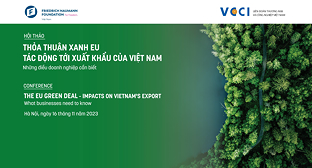Analysis of Anti-dumping Use in Free Trade Agreements
07/08/2012 12:00
Dukgeun Ahn - Professor of International Trade Law and Policy, Graduate School of International Studies/Law School,Seoul National University, dahn@snu.ac.kr.
and Wonkyu Shin - Research Associate, Center for International Commerce and Finance, Graduate School of InternationalStudies, Seoul National University, wkshin@snu.ac.kr.
Abstract:
Proliferating FTAs in recent years may have conflicting effects on antidumping uses among FTA parties. On the one hand, an FTA may increase a country’s anti-dumping activities to protect its domestic industries from the increased import flows from other parties. On the other hand, an FTA supposedly helps reduce the use of anti-dumping measures to accomplish the purpose of free trade. Which effects prevail can shed important lights on the question of whether an FTA can be a stumbling block or a building block.
This paper examines the effects of FTAs on anti-dumping activities based on comprehensive empirical analysis. Using longitudinal data of major anti-dumping user countries from 1995 to 2009, we found that there is clearly an inverse relationship between an FTA and antidumping activities. This finding represents the user’s tendency to trigger less anti-dumping filings against FTA membership, regardless of facing more imports from FTA partners. The paper also captured dynamic FTA effects based on a series of distribution of time dummies. Estimation results from the dynamic model show that the FTA enactment year clearly has significant effect, suggesting substantial reduction of anti-dumping investigations in that year.
Source: http://ssrn.com
Các tin khác
- The Dispute Settlement Crisis in the World Trade Organization: Causes and Cures (16/03/2018)
- Modification of trade defence rules regarding non-market economy costs and prices (23/02/2018)
- Research Paper: Options for Disciplining the Use of Trade Remedies in Clean Energy Technologies (03/08/2017)
- Addressing the rise of Trade Remedies against Environmental Goods (03/08/2017)
- Anti-dumping Retaliation - —A Common Threat to International Trade (15/11/2016)
 Home
Home
 About Us
About Us




















